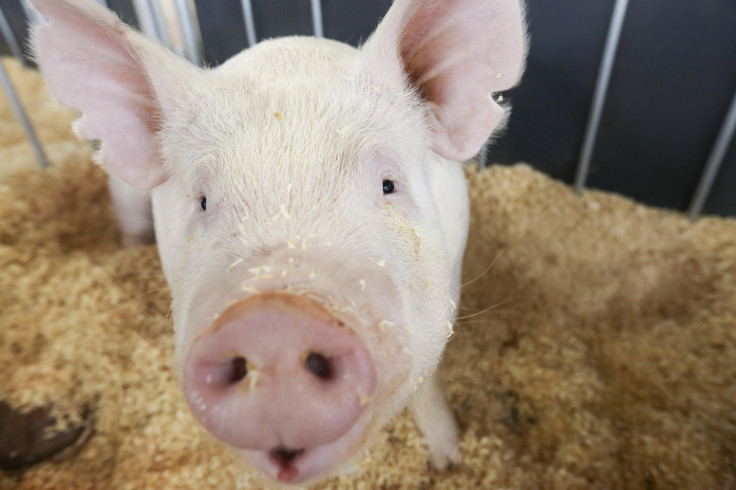Gene editing could soon turn pigs into safe organ donors for human transplantation

Scientists might actually be a step closer toward making pig-to-human organ transplant a reality. In a breakthrough study, a team of researchers at the Harvard University recently tweaked the 62 gene points in the pigs' DNA to turn off the retroviruses.
Retroviruses are a type of natural viruses that are safe for pigs. However, humans can either become sick or die if they come in contact with the retrovirus. In the latest study, scientists successfully turned off the retroviruses in the genetic code of the pigs' DNA so that its organs could potentially be used for human transplantation.
Pigs are similar to humans in many ways. They have a similar DNA as that of humans, their bodies function in a similar way and they are also vulnerable to a number of diseases. For the same reason, humans are at a risk of contracting diseases that are spread through exposure to pig farms.
Until now, researchers were able to tweak only six genes in the pigs' DNA. However, in the latest attempt, the Harvard researchers used the gene-editing system, called "CRISPR," to make 62 distinct edits to kill or inactivate the retroviruses.
Presence of retrovirus in the pigs' DNA is one of the genetic dissimilarity between them and humans. The researchers believe that when all of the dissimilarities are removed, the pigs could be effectively cloned for organ harvesting.
"The real value and potential impact is in the number of lives that could be saved if we can one day use xenotransplants [transplants from other species] to close the huge gap between the number of available functional organs and the number of people who desperately need them," said Donald Ingber of the Harvard's Wyss Institute in a statement.
Contact the writer at feedback@ibtimes.com.au or tell us what you think below.





















